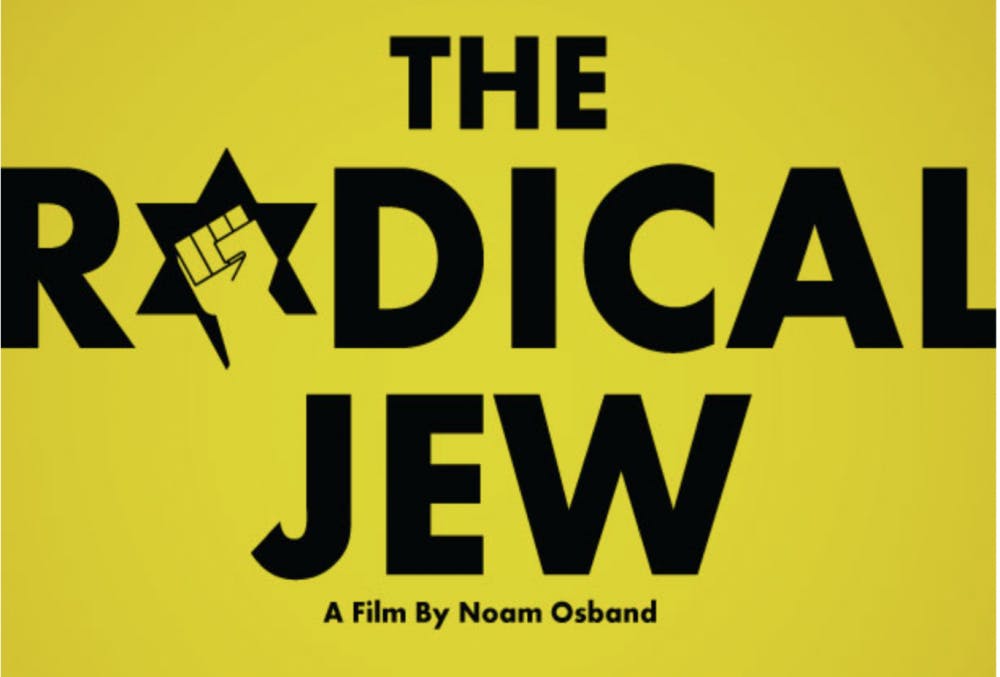Noam Osband has always seen filmmaking as the ideal way to bridge the gap between his intellectually curious side and the side of him that hungers for more artistic forms of expression. The candidate for a PhD in Anthropology has also broken ground in the College of Arts and Sciences by having his documentary film, In the Pines, which examines the work of Mexican and American reforestation workers in the South, accepted as a doctoral dissertation. And now, with funding from the Penn Dean's Award for New Media and Research, Osband has finished up a new documentary short that's just set out on an extended festival run.
Osband got into filmmaking when he came to Penn as a PhD student in 2008. He was particularly inspired by Ellen Reynold's "Video I" course in the Design School, and from there began to seek out documentary subjects in the Philadelphia area, including the increasing presence of Mexican vendors in the Italian market and the string of murders of several cops in 2009.
"There was something very thrilling about going around with your camera and filming and sort of having a fundamental responsibility to make something out of it," Osband explains about his initial forays into the field of documentary filming.
While he's been finishing up his dissertation film, he's found the time to film a 22–minute profile of Baruch Marzel, a far-right wing leader living the city of Hebron in the West Bank, called The Radical Jew. Marzel is a distant relative of Osband, whom he reached out to during his summer stay in Israel. He's particularly well– known there as a provocateur, but does not enjoy the same notoriety in America and the West.
Osband sees The Radical Jew as a reflection on the concept of radicalism: "I thought, here’s a chance to make a thoughtful movie about extremism. Like, what does it mean to be an extremist? How does an extremist see the world?" To him, the concept of extremism has to do with moral reductionism, seeing conflicts as us vs. them, good vs. evil and no room for compromise.
His approach towards depicting Baruch Marzel has been one of neutrality and directorial distance. He was inspired by the approach of Errol Morris, citing his objectivity and ability to give the audience a closer view of the individual at the center of the film. He tries to humanize him as a subject, showing scenes of him playing with his grandchildren in equal parts with him talking about killing Lebanese prisoners of war and encouraging his children to fight Arabs. This approach has not always been received well by those who have thus far viewed his film, however. Osband recalls after showing his film at a conference that people objected to his reserving directorial judgments of Baruch: "I always thought that’s a weird way of attacking someone. These people are human beings, it’s not a bad thing to recognize that. It’s like me telling you the sky is blue. Part of it is just his ideology and politics, but part of it is just how does this guy view the world?"
He continues: "If I show you the movie and you come away with a strong opinion on him but you don’t know how I stand, I’m happy with that. That to me is success. Because it’s not about how I feel. It’s about what he thinks and what you think of that."
As he film begins its festival run at places like DocUtah, Covellite International Film Fest and Charlotte Film Fest, Osband hopes that he can bring the film back to Penn, and organize screenings accessible to the university. In doing so, he thinks that it's possible to start a conversation about the potential of objectivity in documentary films.
Check out the film's Twitter and Facebook for more information.

